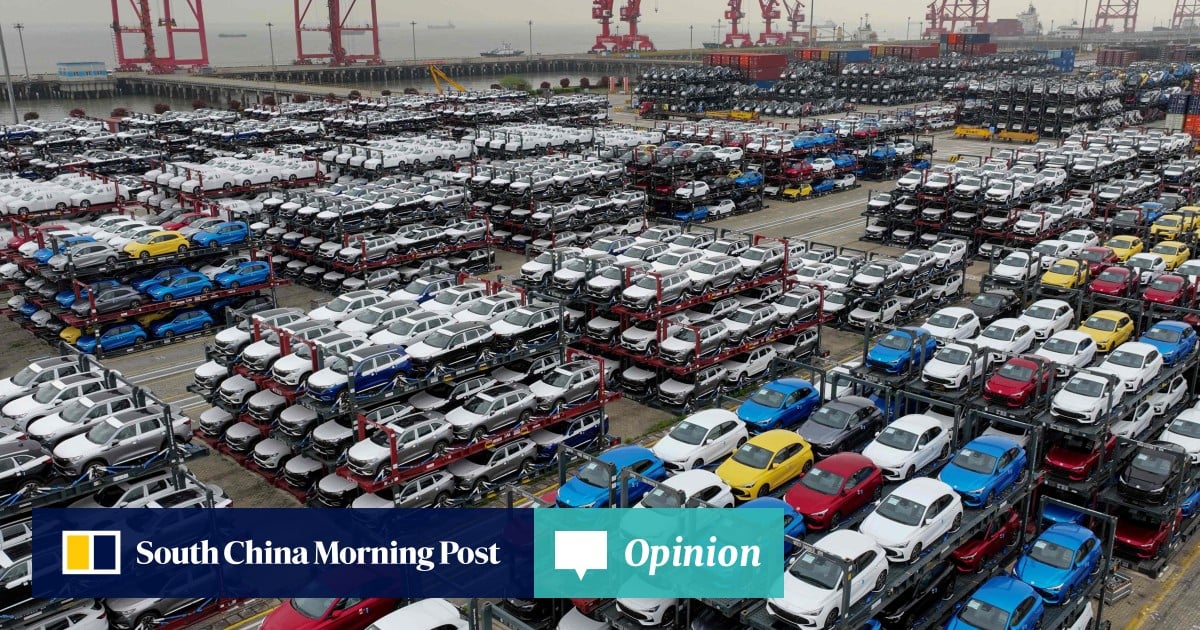The US is not devaluing its dollar now because its debt and deficit levels are very high. Should the dollar halve its value against the yuan, for instance, the resulting inflation will sharply force up interest rates, triggering a debt crisis. A revalued yuan would also mean a much bigger Chinese economy, likely to be larger than America’s. How would that be in America’s interests?
Many emerging economies have gone down this route, offering protection for domestic businesses in the hope that their success would raise the economy. But all too often, the result was crony capitalism, which caused inflation and low growth, trapping people in poverty. The same outcome could befall the US and Europe.
The West did not complain about China’s overcapacity in the past because it was good for them. When Chinese companies were mainly making parts and products for global companies, their overcapacity meant customers could squeeze prices and fatten profit margins. Now that Chinese companies want to make and sell their own products, these easy margins are gone.
The real reason for US, EU gripes about Chinese overcapacity
The real reason for US, EU gripes about Chinese overcapacity
And as Chinese companies rise up the value chain in the global market, a clash of business cultures is shaping up between the West and China.
Unlike the cutthroat competition of a century ago, the big capitalists of the West meet in Davos and are not above colluding to limit competition. For too long, product prices have tended to go up; profits have been stable or rising. Corporate managers have been able to pay themselves enormous sums and become rich enough to join the global governing elite.
But today’s Chinese capitalists, including the local governments that back them, are more like the Western capitalists of a century ago, when overcapacity, price wars and government backing were common in the West. These Chinese capitalists want to crush their competition, not coexist over a bottle of wine. Terrified Davos capitalists are therefore demanding protectionist tariffs.
The good news is the East-West tensions are not likely to trigger a military war, as many businesses and investors fear. Recent developments in the Middle East and Ukraine have shown that the US does not have the resources to support a big war. Even if the US wanted an arms race with China, it would need to double, even triple, its defence budget – money it doesn’t have.
The bad news, however, is that the trade war is going to be much worse. In 1987, US Congressional leaders smashed Japanese electronics on Capitol Hill with sledgehammers. It is a matter of time before they do the same to Chinese solar panels and EVs – but first, they need to find some US-made sledgehammers.
Andy Xie is an independent economist

